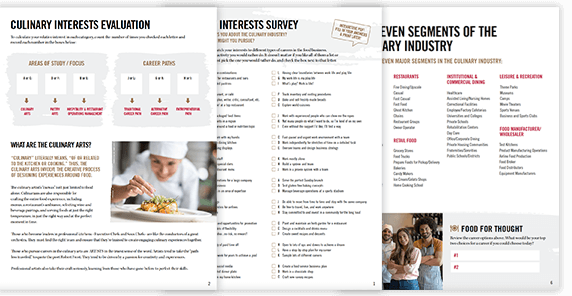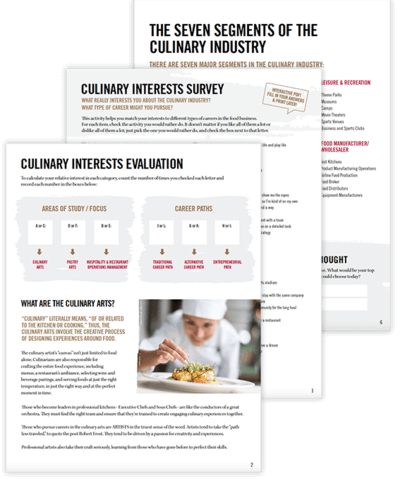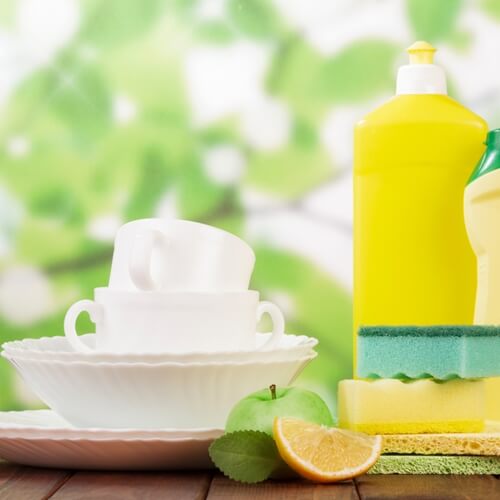The Best Way To Properly Clean Pots, Pans and Dishes

Once a meal is over, all that’s left is a pile of pots, pans and dishes to clean. Similar to the upkeep of a chef’s knives, how these items are maintained can greatly affect how long they last. However, doing the dishes doesn’t have to turn into a nightmare of soap suds and caked-on food. Here’s a few tips to making the post-meal clean up a breeze:
Baking soda and vinegar
Many chefs swear by a cleanser comprised of baking soda, lemon and vinegar, including the folks at Blue Apron. After filling the pot or pan with hot water, add a 1/4 cup of each ingredient; these will will work together to break down food remnants. From there, use the lemon around the sides and bottom to help shine the metal, and then add a bit more vinegar to tackle any final food particles. Some chefs even boil the water before adding the cleaning agents, as the heat further loosens food scraps. For even more cleaning power, add hydrogen peroxide to the mix, which works similar to vinegar and baking soda, or an effervescent like Alka-Seltzer.
The salt and lime approach
For those who try to avoid using most store-bought cleaners, there is a solution to be found right within most fridges and pantries. Or you can use salt and lime instead. This approach involves just two steps:
- Using the lime to cover the base of the pot, pan or dish and
- Using salt and a non-scratch scouring pad to clean the item down.
The citrus within the lime is great for breaking down food particles, which is then wiped away by the coarse salt. Even more, the method cuts down on the amount of elbow grease exerted, usually requiring just a few minutes per pan, dish or piece of cutlery.
The seasoning method
Sometimes the best way to clean a pot or pan is a little preemptive care. According to The Kitchn, one popular choice is seasoning pots, pans and skillets beforehand. Seasoning involves heating oils in a pan, usually for 45 minutes to an hour at 400 degrees Fahrenheit, thus creating a protective layer on the pot or pan. While the oil will help maintain the basic shine and help reduce the cleaning process, seasoning is a process that should be repeated every few months. Also, when cooking with oil any time thereafter, always reduce the amount called for in recipes as to avoid burning off the base oil.
Culinary & Pastry Career Survey
Culinary & Pastry Career Survey
What's your ideal culinary career? Answer 20 simple questions and see if your dream career gets revealed to you.

We’ve compiled of all of the essential questions into one handy guide: Career options, description of skill requirements, and more!




